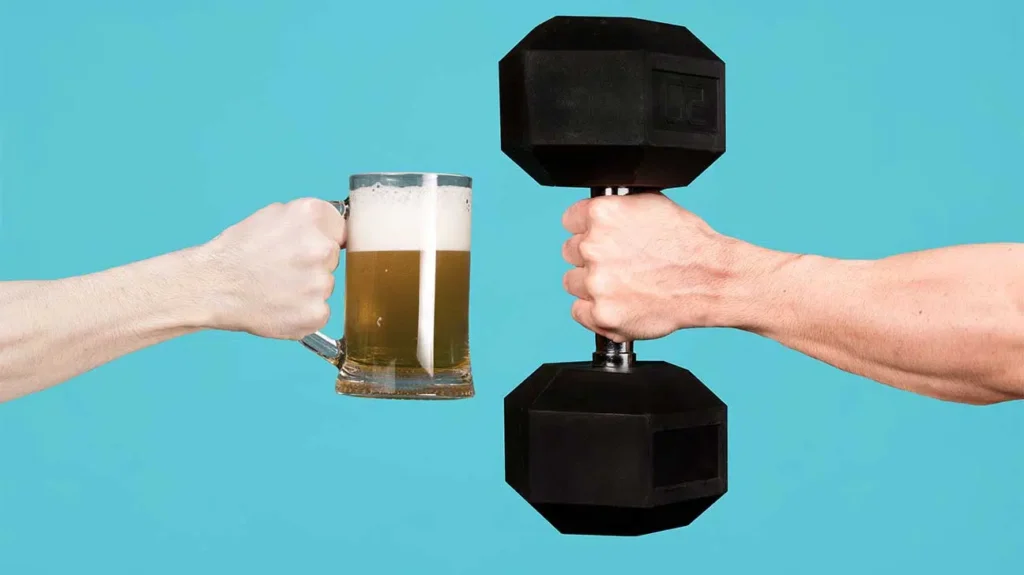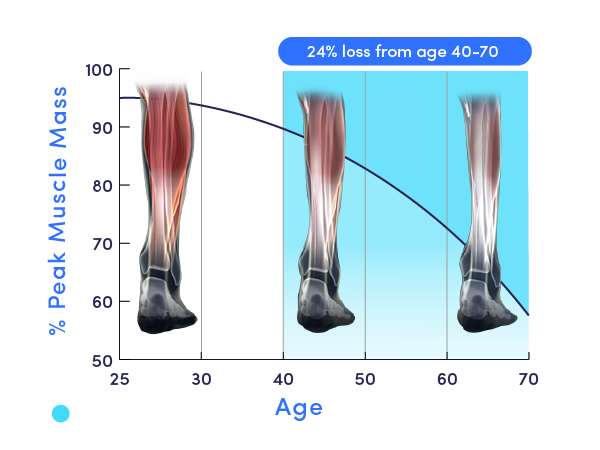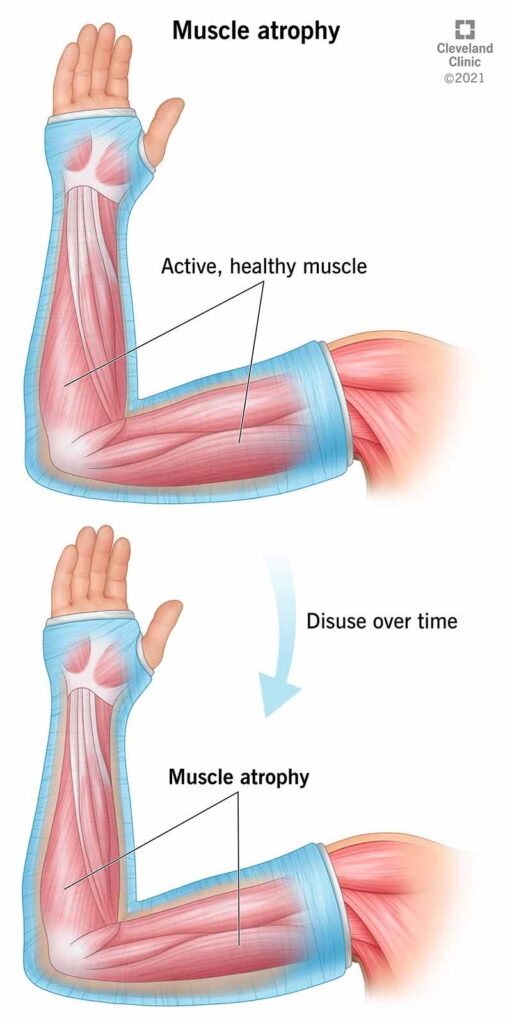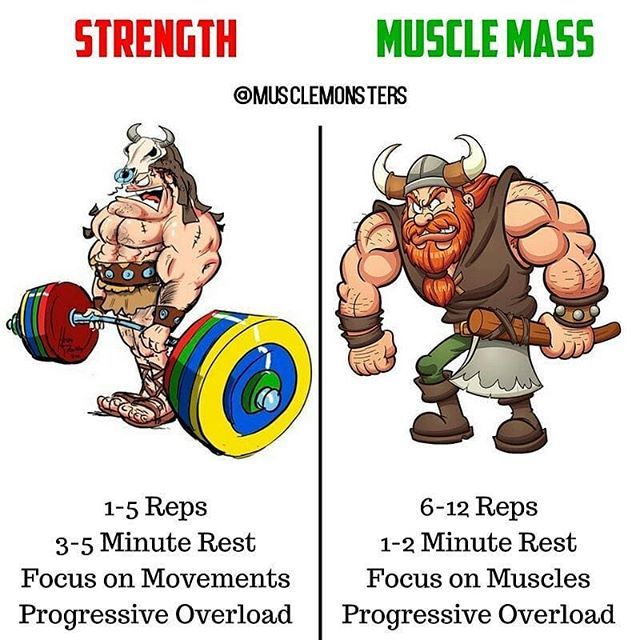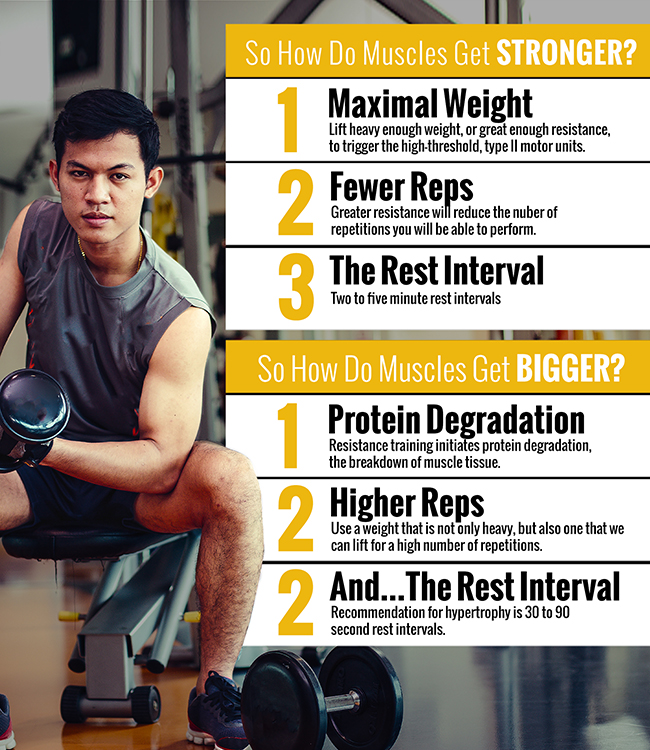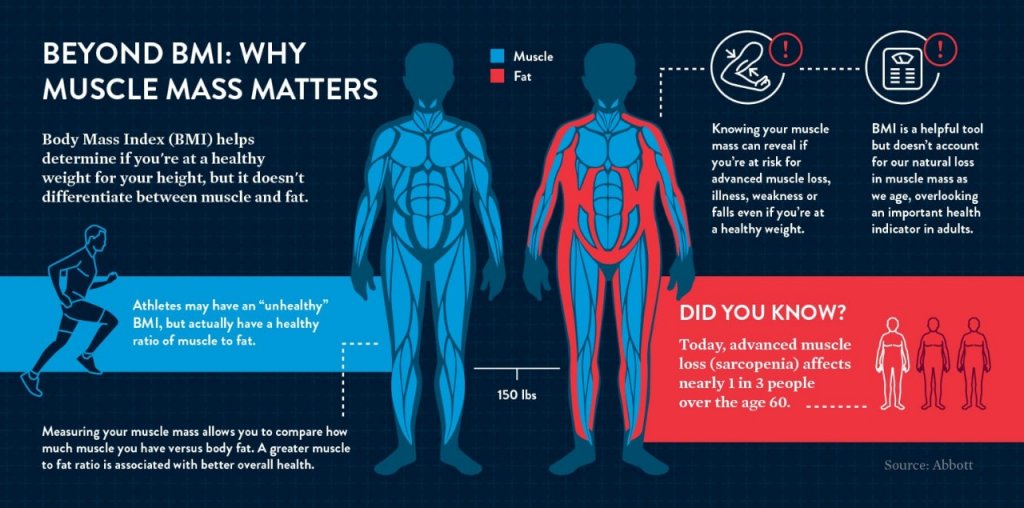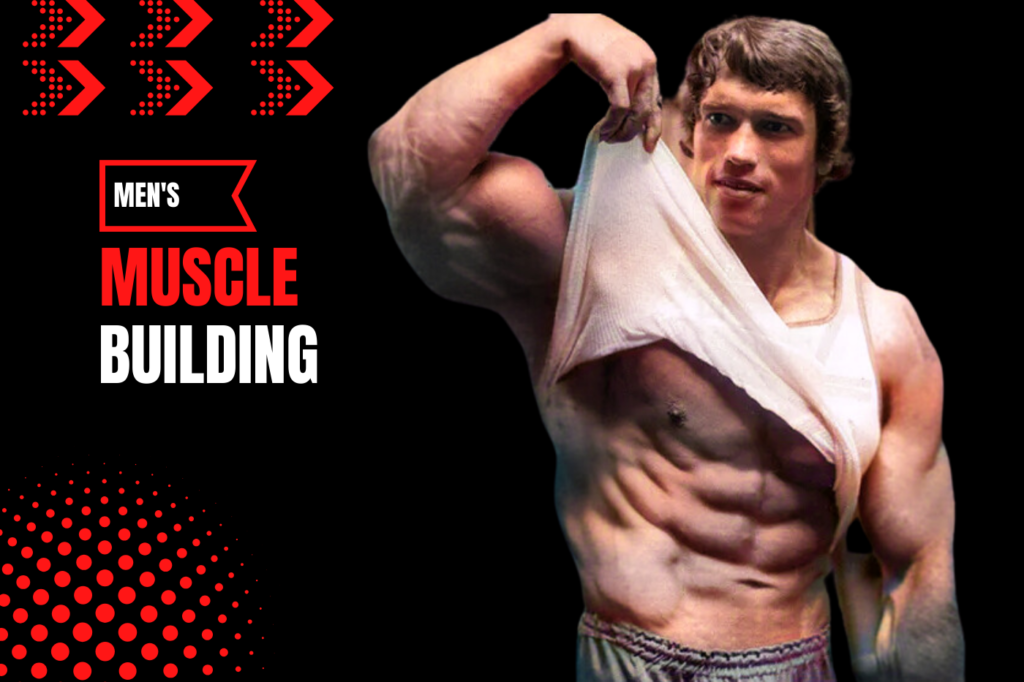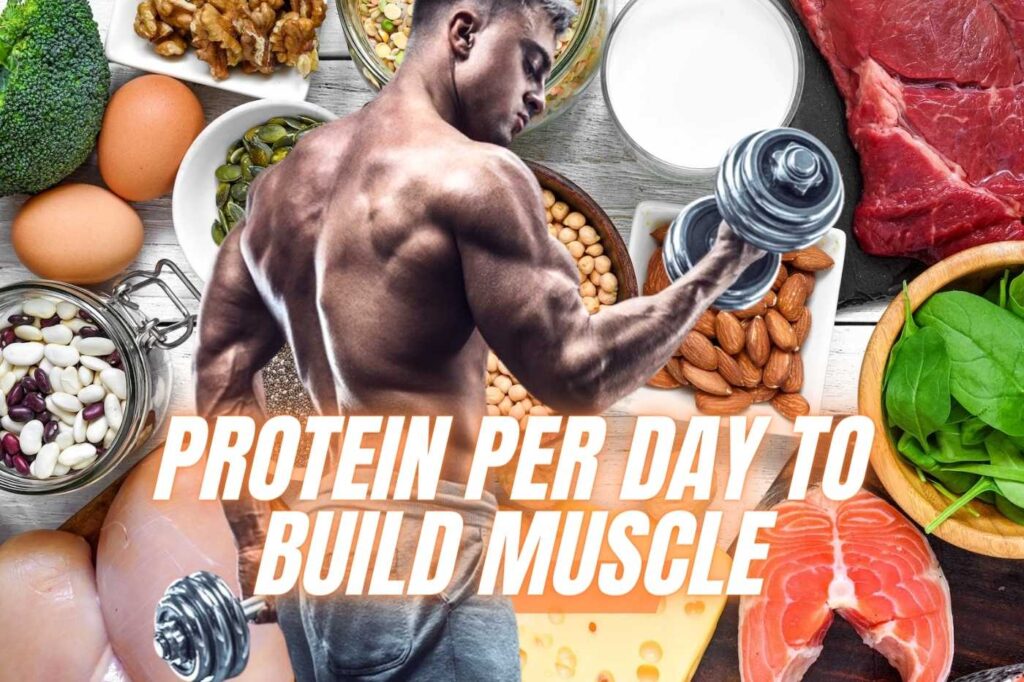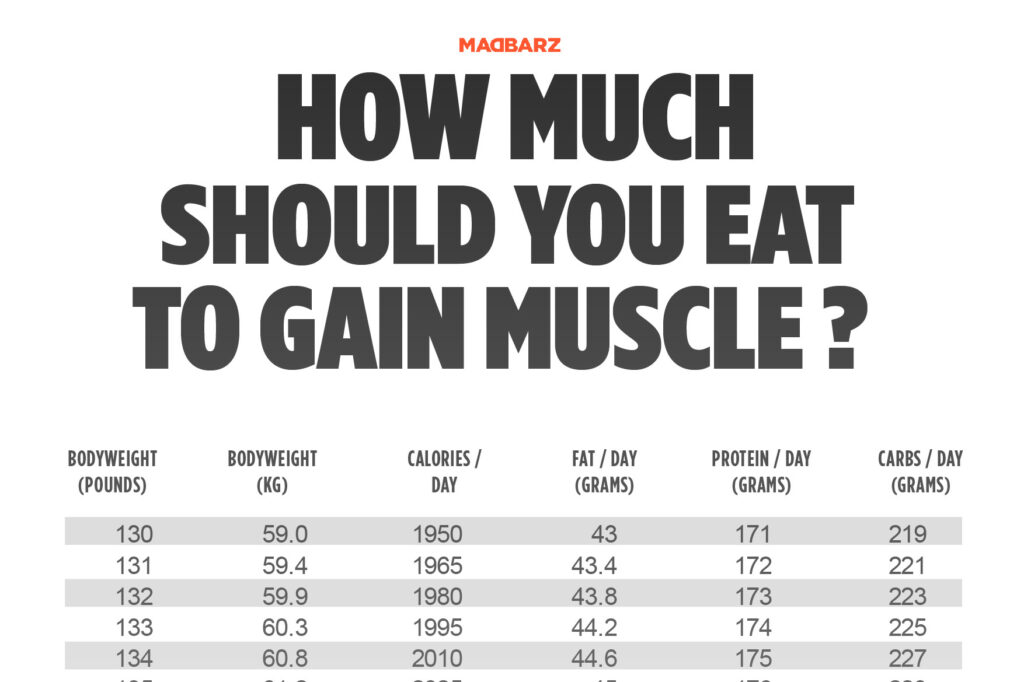Muscle mass affects alcohol tolerance. Higher muscle mass generally leads to a higher tolerance for alcohol.
Muscle mass plays a crucial role in determining how the body metabolizes alcohol. Individuals with greater muscle mass tend to have a higher water content in their bodies, allowing for better dilution of alcohol. This results in a slower rise in blood alcohol concentration (BAC) and a higher tolerance.
Conversely, those with lower muscle mass may experience quicker and more intense effects of alcohol due to less body water for dilution. Factors such as body weight, genetics, and overall health also contribute to alcohol tolerance, but muscle mass remains a significant factor. Understanding this relationship helps individuals make more informed decisions regarding alcohol consumption and its effects on the body.
Credit: havendetoxne.com
Muscle Mass And Alcohol Tolerance
Muscle mass is the amount of muscle in your body. It is important for strength and energy. People with more muscle often have less fat. Muscles help your body burn more calories. This is because muscles need energy to work. So, having more muscle is good for your health.
Alcohol tolerance is how much alcohol your body can handle. People with high tolerance need more alcohol to feel drunk. Low tolerance means you feel drunk faster. Many things affect alcohol tolerance. These include age, gender, and body size. Muscle mass can also play a role. More muscle can sometimes mean better alcohol tolerance.
Biological Factors
Muscle mass impacts how fast the body processes alcohol. More muscle increases the metabolic rate. A higher metabolic rate breaks down alcohol quicker. This means more muscle can lead to higher alcohol tolerance. Fat tissue does not process alcohol as effectively. So, a person with more fat may have lower alcohol tolerance.
Muscle tissue contains more water than fat tissue. Water helps dilute alcohol in the blood. More muscle means more water, which can reduce the effects of alcohol. People with more muscle may feel less drunk than those with more fat. Balanced body composition is key for understanding alcohol tolerance.
Alcohol Absorption
Alcohol enters the bloodstream through the stomach and small intestine. The body absorbs alcohol faster on an empty stomach. Food in the stomach slows down this process. More muscle mass can help absorb alcohol better. The liver plays a key role in breaking down alcohol. Muscle tissue contains more water than fat tissue. Water helps dilute alcohol, making its effects less intense.
Muscle and fat affect alcohol tolerance differently. Muscle tissue has more water than fat tissue. This helps dilute alcohol more effectively. Fat tissue has less water and more fat cells. This makes it harder to dilute alcohol. People with more muscle mass can handle alcohol better. They may feel less drunk compared to those with more fat.
Scientific Studies
Studies show muscle mass can impact alcohol tolerance. People with more muscle may process alcohol faster. Muscle contains more water than fat. This helps dilute alcohol in the body. With more muscle, the body can handle alcohol better. Also, enzymes in muscles help break down alcohol. This reduces its effects. Men usually have more muscle than women. They often tolerate alcohol better due to this.
Many studies focus on men, not women. There is less research on muscle mass in different age groups. Some studies have small sample sizes. This makes findings less reliable. Environmental factors like diet and exercise are often ignored. More research is needed to understand these aspects. Different types of alcohol might affect results too. Further studies should include varied demographics.
Real-life Scenarios
John, a bodybuilder, drinks more alcohol than his friend. He weighs 200 pounds and has 10% body fat. John can drink three beers without feeling tipsy. His friend, who has more body fat, gets tipsy after one beer. This shows muscle mass might help with alcohol tolerance. Another case involves two women. One is very fit with high muscle mass. She can drink wine without getting drunk quickly. Her friend, less fit, feels drunk after just one glass.
Lisa shares her story. She noticed she could drink more after starting weightlifting. She gained muscle and felt less drunk with the same amount of alcohol. Mike, a runner, also experienced changes. He started lifting weights and saw a difference. He could handle more beer at parties. These personal stories hint that muscle mass affects alcohol tolerance.
Other Influencing Factors
Genetics play a big role in alcohol tolerance. Some people have genes that help them break down alcohol faster. Others might have genes that make it harder. Family history can also affect this. If parents have high tolerance, kids might too.
What you eat affects alcohol tolerance. Eating a lot of protein can help. It slows down alcohol absorption. A balanced diet is important too. Regular exercise also helps. Active people might have better tolerance.
Health Implications
Muscle mass can affect how alcohol is processed. People with more muscle mass may tolerate alcohol better. This is because muscles contain more water. Water helps dilute the alcohol in the body. Less muscle mass can lead to higher blood alcohol levels.
Having more muscle mass may not protect against long-term effects. Alcohol can still harm the liver and other organs. It can also affect mental health over time. Heavy drinking can lead to muscle loss. This creates a negative cycle. It’s important to drink responsibly.
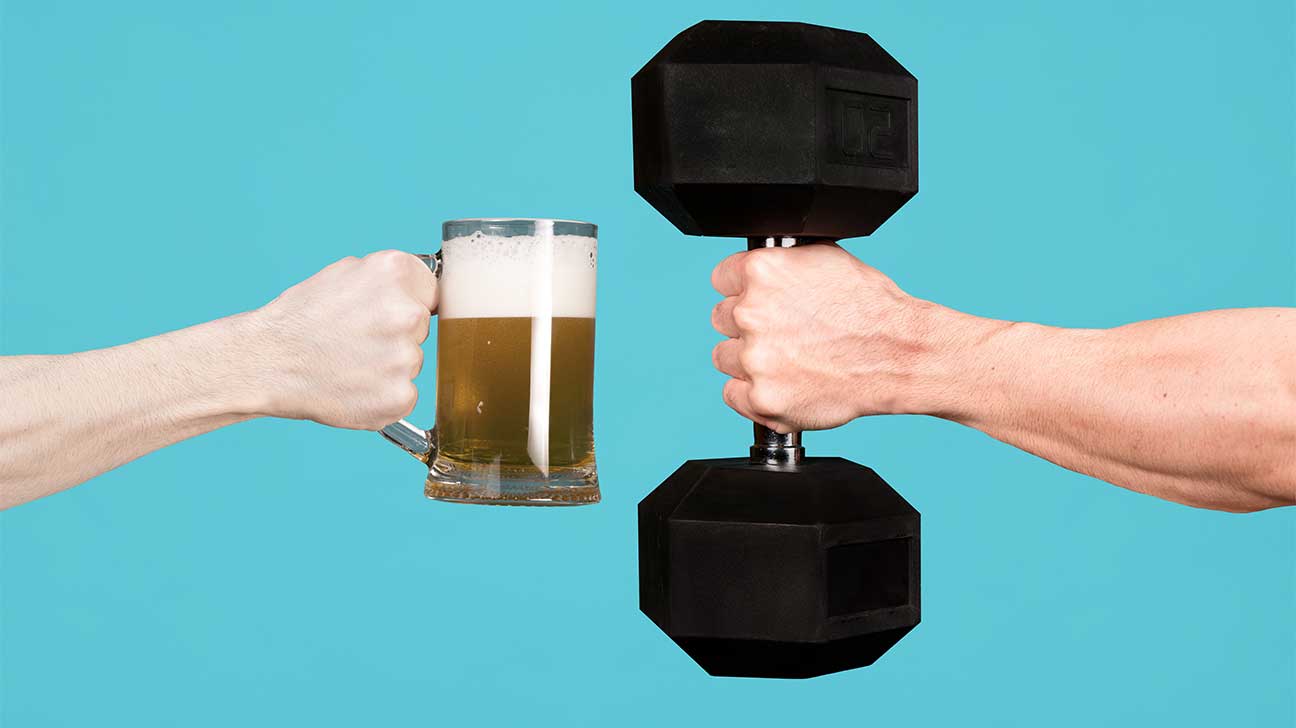
Credit: www.addictionresource.net
Tips For Responsible Drinking
Muscle mass significantly impacts alcohol tolerance. Individuals with higher muscle mass typically metabolize alcohol more efficiently than those with less. Remember, responsible drinking is crucial regardless of muscle mass.
Know Your Limits
Muscle mass can affect alcohol tolerance. People with more muscles may handle alcohol better. It’s important to know your limits. Drink slowly and see how your body reacts. Don’t rush to drink more. Stay aware of how you feel. Drinking too much can be harmful. Always listen to your body.
Balancing Muscle And Alcohol
Having more muscles doesn’t mean you can drink a lot. Alcohol affects everyone differently. Eat food before drinking. Food helps slow down alcohol absorption. Drink water along with alcohol. Water keeps you hydrated. Stay active and healthy. Exercise regularly to maintain muscle mass. Balance is key for responsible drinking.

Credit: www.baystatehealth.org
Frequently Asked Questions
Does Muscle Mass Affect Alcohol Metabolism?
Yes, muscle mass can affect alcohol metabolism. Muscle tissue contains more water than fat. This helps in diluting alcohol. People with more muscle may metabolize alcohol quicker.
Why Do Muscular People Tolerate Alcohol Better?
Muscular people often have a higher metabolic rate. This can help process alcohol faster. More muscle means more water, which dilutes alcohol. This lowers its impact.
How Does Body Composition Impact Alcohol Tolerance?
Body composition, including muscle mass, affects alcohol tolerance. More muscle means more water in the body. This dilutes alcohol and reduces its effects.
Can Exercise Influence Alcohol Tolerance?
Yes, regular exercise can influence alcohol tolerance. Exercise increases muscle mass. More muscle means better alcohol metabolism. This can result in higher alcohol tolerance.
Conclusion
Understanding muscle mass’s impact on alcohol tolerance is essential. Higher muscle mass can lead to better alcohol metabolism. This means fewer adverse effects and quicker recovery. Always drink responsibly, considering your body’s unique composition. Stay informed and make healthier choices for a balanced lifestyle.

